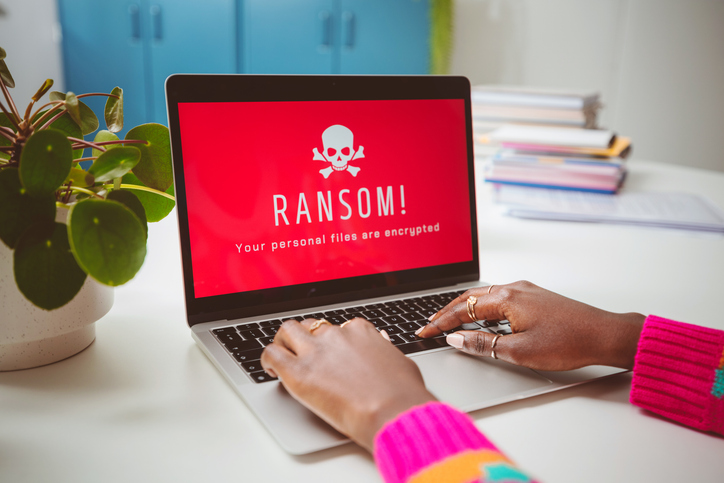The government’s new National Security Strategy, to be unveiled later today, ranks cyber attacks alongside terrorism, flu pandemics and international military crises as ‘tier 1’ threats to national security.
Speaking on the BBC’s Today programme, the head of the UK’s Intelligence and Security Committee Sir Malcolm Rifkind explained that the government uses the term cyber attack to mean a computerised assault on the country’s critical infrastructure.
“It’s not people hacking into private citizens’ computers,” he said. “What we’re talking about is terrorists being able to actually use cyber methods, for example, to interrupt the National Grid to prevent proper instructions going to power stations, which are under computer control."
Rifkind quoted a ‘very senior intelligence figure’ in the US as saying that “cyber attacks … were going to be the United States’ next Pearl Harbor”.
Reports of successful cyber attacks on national infrastructure have so far been thin on the ground. In 2009, a US television programme reported that hackers had caused a 2007 power blackout in Brazil, although this was denied by Brazilian authorities.
However, the emergence this year of Stuxnet – an Internet-based worm that targets control systems used in factories and power plants – has reinvigorated concerns. In September 2010, business magazine Forbes speculated that Stuxnet may have been the cause of a glitch on an Indian broadcast satellite that disrupted television services across the country.





